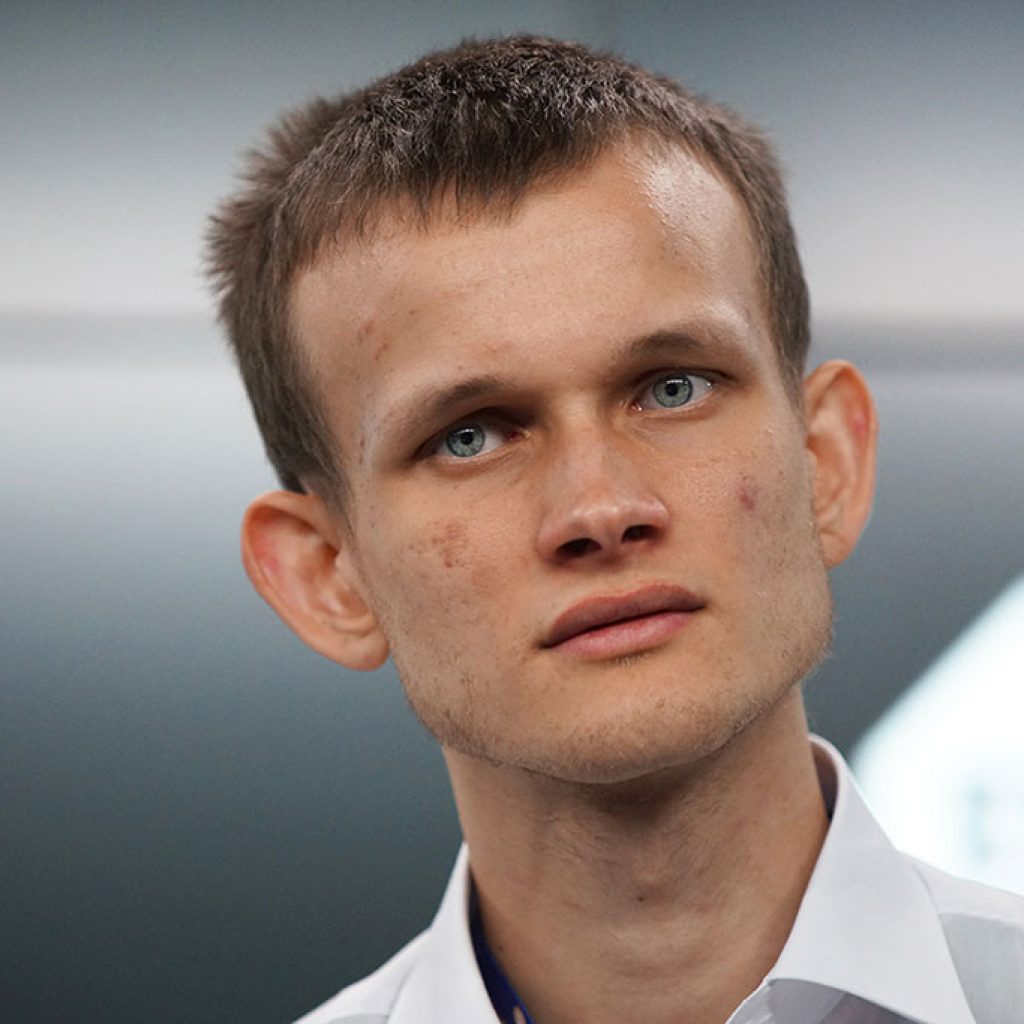Coinspeaker
IBM and Microsoft Joins Forces with Other Entities to Form Post-Quantum Cryptography (PQC) Coalition
Amid the mainstream adoption of blockchain technology and crypto assets, a new cybersecurity threat has emerged that involves quantum computing. As a result, a group of tech enthusiasts – including Microsoft Corporation (NASDAQ: MSFT), International Business Machines Corporation (NYSE: IBM), University of Waterloo, SandboxAQ, and PQShield – joined forces to form the Post-Quantum Cryptography coalition. Another key member of the Post-Quantum Cryptography (PQC) coalition is the National Institute of Science and Technology (NIST), which has been conducting research on post-cryptography security since 2016.
PQC Coalition
Initially, the PQC coalition will focus on four workstreams to ensure organized research and development of key algorithms. The coalition will touch on advancing standards relevant to the PQC migration. Secondly, the coalition will focus on creating technical materials to support education and workforce development. Thirdly, the coalition will focus on producing and verifying open-source code and implementing side-channel resistant code for industry verticals. The PQC coalition will also focus on ensuring cryptographic agility.
Meanwhile, the PQC coalition remains open to other organizations that wish to join forces with them in advancing post-quantum cryptography together. Moreover, experts believe that it is only a matter of time before someone with access to supercomputers with heavy quantum agility hacks the Bitcoin network, thus compromising an entire industry worth trillions of dollars.
“Quantum computers may not be here yet, but their impending arrival is already bringing both opportunities and threats to national and economic security,” said Charles Clancy, chief futurist and senior vice president, of MITRE, and general manager, of MITRE Labs. “Government and industry need to move together with urgency so that sensitive data and communications are not vulnerable to exposure in the future.”
Why Every Investor Should Care About Post-Quantum Cryptography
The global economy is fast transitioning to the digital age where the majority of financial transactions happen through the internet. As a result, black hat hackers have devised more sophisticated hacking techniques undermining the existing security protocols set in place. In the past few years, billions of dollars have been stolen through the internet, despite the existence of cryptographic systems.
For instance, North Korean-based hacking groups like the Lazarus are believed to attack weak designs in blockchain-bridging networks. With the attackers believed to have infiltrated several cryptocurrency firms, researchers have therefore accelerated the pace to protect networks through the use of quantum computing. The PQC coalition is working on providing the next generation of network security that ensures sustainable development.
We’re proud to be a part of a new community of cybersecurity organizations to accelerate adoption of post-quantum cryptography in commercial & open-source technologies.
Learn more about the #PQC Coalition.
? https://t.co/pSrFX1qPPB | #QWC2023 #UWaterloo pic.twitter.com/vXG6CilQVx
— University of Waterloo (@UWaterloo) September 26, 2023
Interestingly, some experts believe that it would take a binary computer system roughly 300 trillion years to break a 1,024-bit or 2,048-bit RSA key.
IBM and Microsoft Joins Forces with Other Entities to Form Post-Quantum Cryptography (PQC) Coalition





